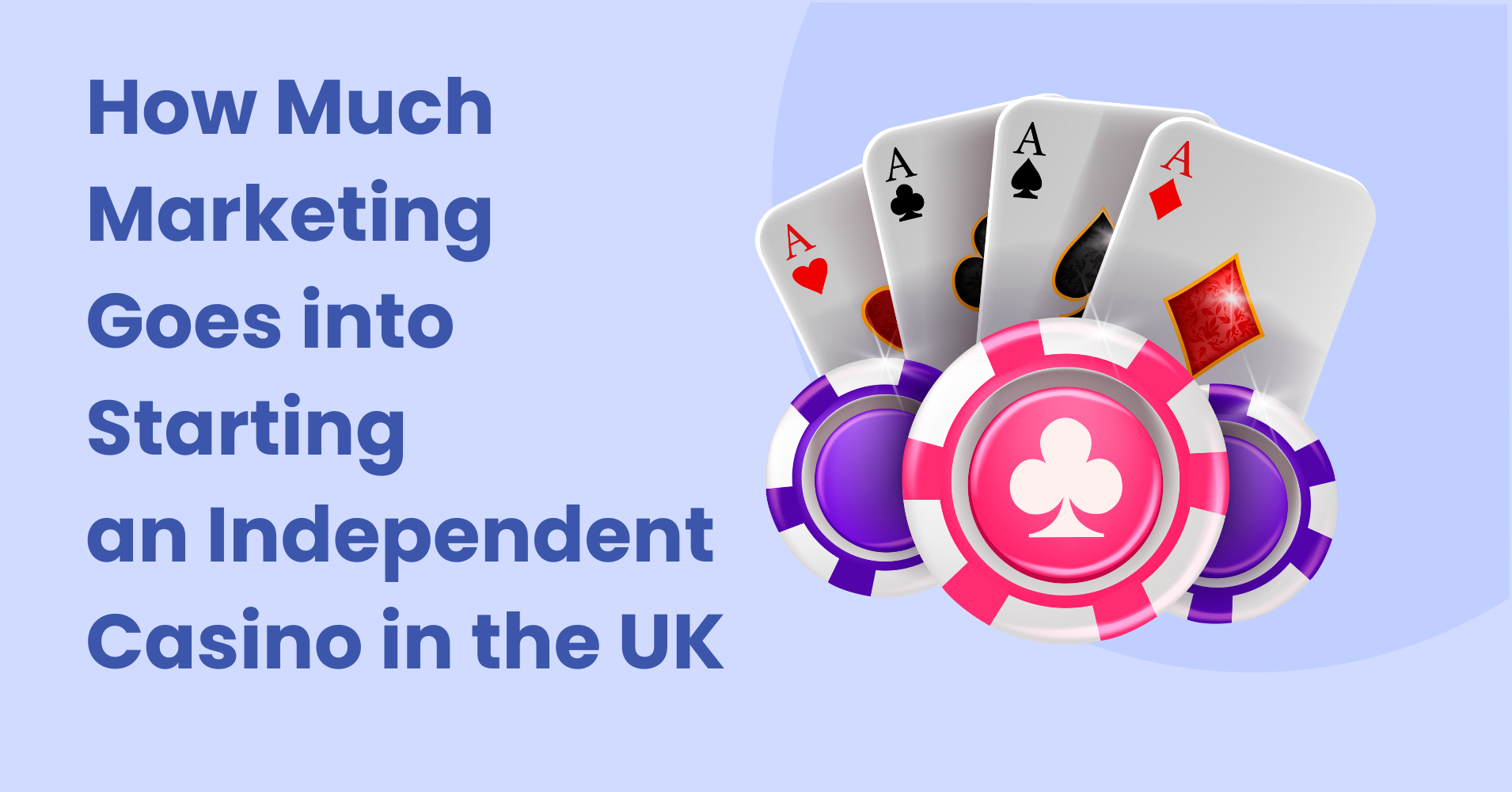When most people think of a casino, they envisage the sound of spinning roulette wheels, poker players bluffing, and slot machines lighting up the room. What is usually forgotten is the immense business machinery that makes it all possible. For the UK’s independent operators, setting up a new casino is not just about getting a license and opening the doors. It is an enterprise that demands strategic planning, financial investment, and marketing strategy on par with any other entertainment brand.
Strategic Analysis of the Competitive Environment
The UK gambling industry is one of the most mature and highly regulated gambling industries in the world. There are already huge established brands in the land and in the digital space, spending millions every year on advertising and customer acquisition. For an independent casino, the trick is to carve out a niche against these powerful incumbents.
Marketing, therefore, becomes not an add-on but the basis for survival. A casino that operates independently can not depend on word of mouth or growth on its own. They have to place themselves strategically in the marketplace with specific branding, campaigns, and messaging to reach audiences who might otherwise default to a big-name competitor.
A look at this independent casinos UK list will show how many smaller operators are jockeying for position in a complex marketplace where visibility and reputation can mean the difference between success and failure.
Creating a Brand Identity from Scratch
Unlike franchises and large chains of casinos, independent casinos start with nothing to recognise. This means that marketing has to start with the basics of establishing the brand identity. From the logo and colour choices to the branding and the overall experience, all aspects contribute to the way the casino presents itself to the public.
A lot of marketing efforts revolve around the “story” of what the independent operator is known for. It could be a boutique luxury experience, a community-focused venue, or a themed environment that creates intrigue. Defining this identity involves investment not just in advertising but also in design, customer experience, and digital presence. The aim is to create an image that is strong enough to compete in a market where trust and reputation are of utmost importance.

Advertising: Regulatory Considerations
The UK Gambling Commission has strict regulations regarding the promotion of casinos. Marketing materials must not make misleading claims, must encourage responsible gambling and must not target vulnerable communities. Independent operators need to proceed with caution in light of these restrictions and frequently hire compliance experts to make sure that all content complies with regulatory standards.
This regulatory-driven approach introduces layers of complexity to marketing campaigns. Creativity, however, always has to work within set parameters. Given the need to balance compliance and compelling storytelling, managing this process is a resource and knowledge-intensive job in itself, especially for new entrants.
Digital Marketing: The Frontline
In the current market, digital visibility is crucial. While a casino has a physical presence, independent casinos are dependent on online channels to reach their customers. SEO, paid search and social media marketing all require continuous investment. The battle for visibility on search engines like Google is intense, and without a steady investment, smaller operators are likely to become lost among established brands.
Apart from visibility, digital marketing offers a means of communicating with audiences. Social media campaigns, loyalty apps, and email newsletters customised for players aid in nurturing communities of independent casino players. By nurturing these relationships, operators can develop a sense of exclusivity and loyalty that offsets their smaller size.
Affiliate Partners and Affiliate Networks
Many independent casinos also rely on collaborations with affiliates and review websites to increase their reach. Affiliate marketing is typically one of the most significant costs in the industry, as each referred player results in a commission payment. For a new Operator, establishing good ties with affiliates is one of the quickest ways to get traffic, but it is at a high cost.
Independent operators will have to consider the short-term upside of enhanced exposure against the long-term cost of maintaining those relationships. Some casinos have wisely chosen to reduce their reliance on affiliates and focus on organic growth, while others have opted to incorporate affiliates into their marketing strategy.
Cost of Customer Acquisition (CoCA)
Customer acquisition in the gambling sector is known to be a costly process. Between bonuses, advertising, and promotions, free spins, etc., independent casinos spend more to get a player than they make off of them. The marketing problem, then, is not just to get players but to keep them for long enough to recoup acquisition costs and make a profit.
Loyalty programs, exclusive events, and personalised promotions become necessary tools in this retention strategy. While the scale of the bonus may not be as competitive as it is with the big players, independent operators can still win the affection of their audience by providing a genuine, personalised experience that their target market wants to see.
Offline Promotion and Community Involvement
While digital marketing is dominant, offline strategies are still crucial for physical independent UK casinos. Local sponsorships, collaborations with restaurants or entertainment venues, and events help casinos to gain exposure in their local communities.
Independent operators tend to be more focused on building a destination as opposed to just a gambling establishment. Live Music, comedy, or cultural events can attract people who might then participate in the gaming entertainment. This blurring of lines between entertainment and gaming is a potent form of marketing that sets smaller casinos apart from larger and more standardised competitors.
Measuring Effectiveness and Adapting Strategy
Running a standalone Casino is not a marketing campaign; it’s a journey. Operators need to continuously monitor customer data, campaign performance and player feedback to optimise their strategies. What works in one area may not work in another location. What works to appeal to one demographic will fall flat with another.
Indeed, the key to success in the ever-evolving world of independent casinos is staying flexible, adapting to trends while staying true to their brand identity. This agility can become their most significant competitive advantage over larger competitors who may not be able to pivot swiftly due to bureaucracy or scale.
Marketing as the Heart of Independence
As much as any business, starting an independent casino in the UK is a marketing effort as much as it is a game. Operators need to make considerable investments in creating brand identity, dealing with regulation, and battling in a highly competitive digital world. While the costs are high, the potential rewards are in building a loyal customer base that appreciates the special qualities an independent operator can offer.






